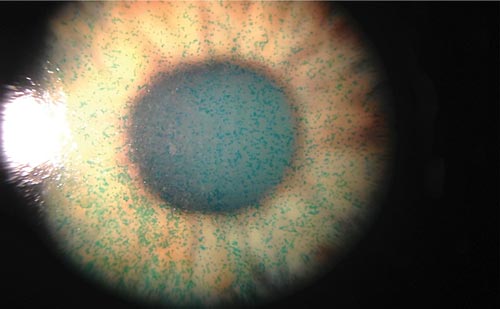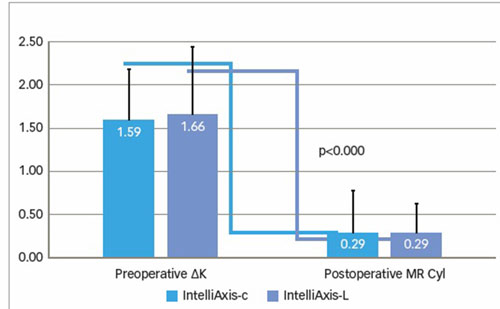Cataract and glaucoma are the two leading causes of blindness worldwide and frequently co-exist in the ageing population. Adequate management of these two conditions may require surgical intervention. In general, cataract extraction is necessary in case of visually significant lens opacity, while surgery for glaucoma is indicated when optimum medical therapy and/or laser surgery fails to sufficiently lower intraocular pressure (IOP) or a patient does not have access to or cannot comply with medical therapy.1
As a general rule, the management of glaucoma patients should be directed towards those treatments aimed at achieving an individualised target IOP safely and efficaciously. The presence of concomitant and visually significant cataracts can challenge the decision-making process, so that clinicians need to determine how cataract extraction would best fit the management of patients with glaucoma. In particular, when a combined surgical approach for cataract and glaucoma is desired, the timing of surgery and an accurate procedure selection are important aspects to consider. Phacotrabeculectomy techniques are not standardised and the way the procedure is performed is largely dictated by the surgeon’s preference and experience.1 Furthermore, novel and minimally invasive surgical approaches to lower IOP have been recently introduced and may be combined with phacoemulsification, representing a potential alternative to phacotrabeculectomy. This review is aimed at summarising current evidence on combined surgery in the treatment of patients with cataract and primary open angle glaucoma.
To view the full article in PDF or eBook formats, please click on the icons above.














